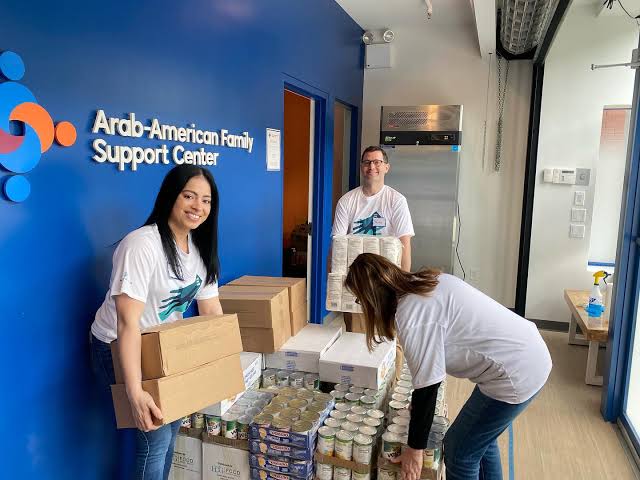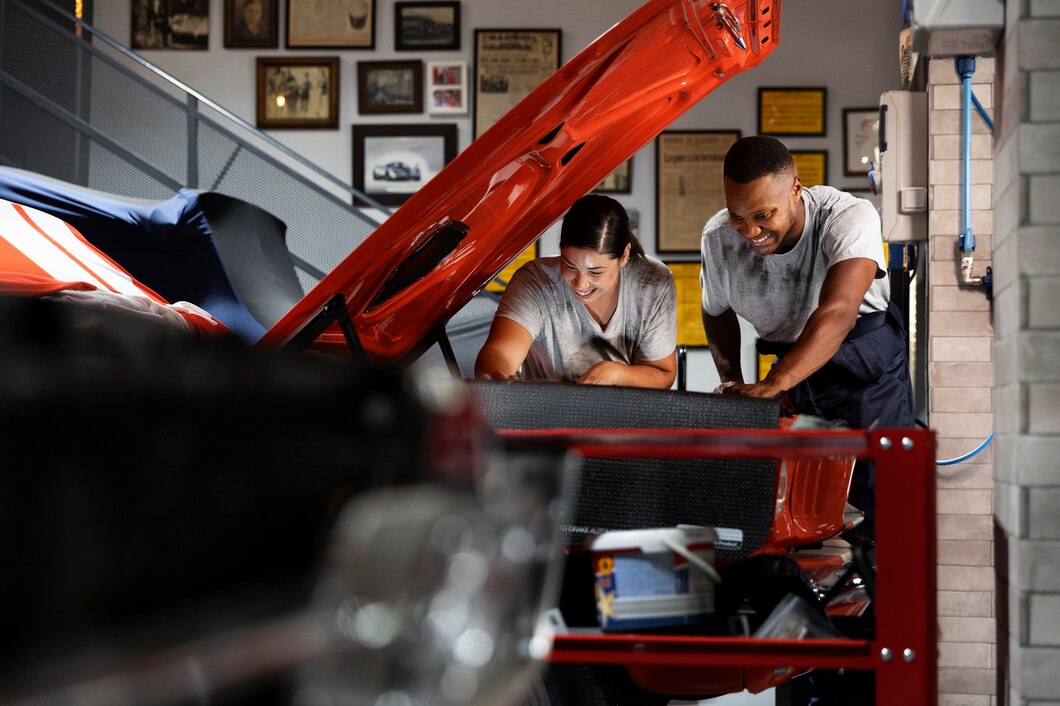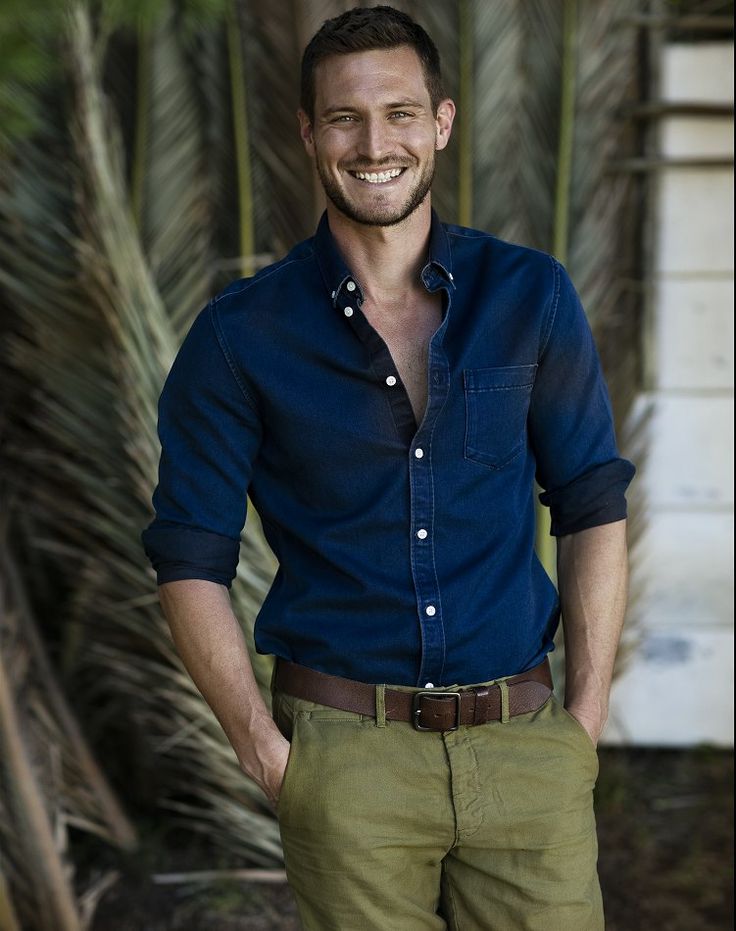The bustling streets of New York City, filled with diverse cultures and languages, offer a unique blend of support systems for its residents. Among these are specialized services tailored for the Arabic-speaking community, which holds a significant and vibrant place in the city’s social landscape. From healthcare and education to legal aid and cultural support, there are numerous free services designed to cater to the needs of Arabic speakers, providing them with essential resources and fostering a sense of community. This article dives deep into these services, offering an overview of what’s available, how these resources address unique challenges, and how they are bridging cultural gaps in NYC.
Health and Wellness Support
Access to healthcare is often a top priority for anyone moving to a new city, and for Arabic-speaking residents, it can be particularly daunting. Imagine navigating a medical system where language, cultural practices, and even approaches to treatment feel foreign. For many Arabic speakers, finding a healthcare provider who understands these nuances is critical. New York City offers a range of community health centers and nonprofit organizations dedicated to providing free or low-cost health services, often with translators or Arabic-speaking staff members. These services go beyond basic healthcare, addressing mental health needs, preventative care, and even maternal and child health services.
The Arab-American Family Support Center (AAFSC) is one prominent organization that plays a key role here. Their work in healthcare includes linking families to necessary health screenings, immunizations, and mental health resources. Understanding that healthcare encompasses emotional well-being, AAFSC offers counseling and wellness workshops that resonate with cultural values, making mental health a more approachable topic. These programs are particularly impactful for recent immigrants or refugees who may be adjusting to life in the United States and need a safe space to discuss mental health without the stigma that can sometimes accompany it in the Arabic community.
Education and Language Services
Education is a powerful tool, but it’s often a challenge for families where English is not the primary language spoken at home. Arabic-speaking families in NYC frequently find themselves in need of resources to help bridge the language gap. Fortunately, the city has free ESL (English as a Second Language) programs that are accessible to Arabic speakers. These courses, offered at community centers, local libraries, and through nonprofit organizations, are designed not only to teach English but also to instill confidence in everyday communication. Language classes often emphasize practical skills, such as speaking and listening, that enable Arabic speakers to engage more effectively in daily life—whether at work, school, or simply running errands.
Many of these programs also provide after-school tutoring for Arabic-speaking children. For young students adjusting to the American education system, additional support in subjects like math, science, and English can make a huge difference. It’s not just about language; these tutoring programs offer a comprehensive support system, helping kids feel more comfortable and confident in their studies. The Arab American Association of New York (AAANY) provides such educational support, offering workshops, college preparation, and even literacy programs for adults. These services create a pathway for lifelong learning, giving parents the tools they need to support their children academically while also empowering them with language skills that make day-to-day tasks less intimidating.
Employment and Career Development
The path to stable employment in New York City can be competitive and overwhelming, particularly for Arabic-speaking newcomers. Finding a job is one thing, but securing meaningful work that aligns with one’s skills and qualifications is another. Many Arabic-speaking individuals come to NYC with degrees and experience, yet face challenges in navigating the local job market. This is where community organizations step in, offering services like job training, resume-building workshops, and interview preparation—often in Arabic.
Organizations like AAFSC and AAANY regularly conduct job fairs and connect Arabic speakers with employment opportunities that match their language skills and cultural background. These organizations also provide certifications in fields like healthcare, technology, and administration, which can be essential for those looking to build a career in their chosen field. Employment support services are more than just resume help; they offer a roadmap for Arabic-speaking individuals to gain economic stability and self-sufficiency. Programs are often tailored to meet the needs of different age groups, ensuring that both young adults entering the workforce and older adults seeking new opportunities find the support they need.
Legal Aid and Immigration Assistance
Navigating the legal system in a new country is challenging for anyone, but it can be especially overwhelming for Arabic speakers who may be unfamiliar with American laws and processes. Legal aid and immigration services are crucial for Arabic-speaking residents in NYC, addressing issues from visa applications to tenant rights and family law. These services are designed to help residents understand their rights and obligations, providing them with the knowledge to make informed decisions and advocate for themselves.
The Arab American Association of NY offers a range of legal support services, including immigration assistance, citizenship classes, and legal counseling. For many Arabic speakers, obtaining citizenship or securing a visa can open doors to further opportunities in education and employment. These services offer guidance on the often-complicated paperwork and processes involved, making legal support accessible and affordable. Additionally, the Legal Aid Society provides free or low-cost legal assistance to Arabic-speaking residents, helping with issues related to housing, employment rights, and family law. This support is particularly valuable for refugees and recent immigrants who may be navigating issues of resettlement or seeking family reunification.
Cultural and Social Integration Services
A strong sense of community is essential for anyone adjusting to life in a new country. For Arabic speakers in NYC, maintaining cultural connections while embracing new experiences is a delicate balance. Community centers and cultural organizations offer a variety of social services that promote cultural integration, hosting events like traditional music performances, art exhibitions, and festivals celebrating Arabic heritage. These gatherings provide an opportunity for Arabic speakers to connect, share stories, and celebrate their cultural roots in a supportive environment.
The Arab American Family Support Center and AAANY both host regular cultural events and workshops that celebrate Arabic culture while helping newcomers acclimate to American customs. These programs offer everything from family support services to youth programs, ensuring that all members of the Arabic community feel included. For instance, youth programs often focus on cultural pride and awareness, allowing younger generations to connect with their heritage while also gaining a sense of belonging in their new environment. Events like these foster a supportive network, bridging the gap between maintaining cultural identity and embracing the diversity of NYC.
Housing and Financial Assistance
Affordable housing and financial security are critical needs for many Arabic-speaking families in NYC. Given the high cost of living in the city, finding affordable housing options can be challenging. Organizations like AAFSC provide resources and referrals to help Arabic-speaking families secure affordable housing and understand their tenant rights. Financial assistance programs are also available, including emergency funds for families facing unexpected expenses and workshops that teach budgeting and financial literacy. These resources equip individuals with the skills to manage their finances effectively, laying the foundation for economic stability.
Housing assistance services also educate Arabic-speaking residents on tenant laws, helping them understand their rights and responsibilities. This guidance is particularly beneficial for recent immigrants who may be unfamiliar with New York City’s housing policies. With access to these resources, Arabic-speaking families can secure stable housing and financial footing in their new community, creating a foundation for a successful life in NYC.
Conclusion
New York City’s Arabic-speaking residents are an integral part of the city’s cultural mosaic, and the free community services available to them play a vital role in ensuring their success and well-being. From health and wellness to legal aid and cultural programs, these services address the diverse needs of Arabic speakers, providing a bridge to resources and opportunities that help them thrive. These organizations foster a sense of belonging and community, creating an environment where Arabic-speaking individuals and families can pursue their dreams, stay connected to their heritage, and contribute meaningfully to the dynamic landscape of NYC. The support and integration offered by these community services are indispensable, laying the groundwork for a future where everyone, regardless of background, has the chance to succeed in New York City.



